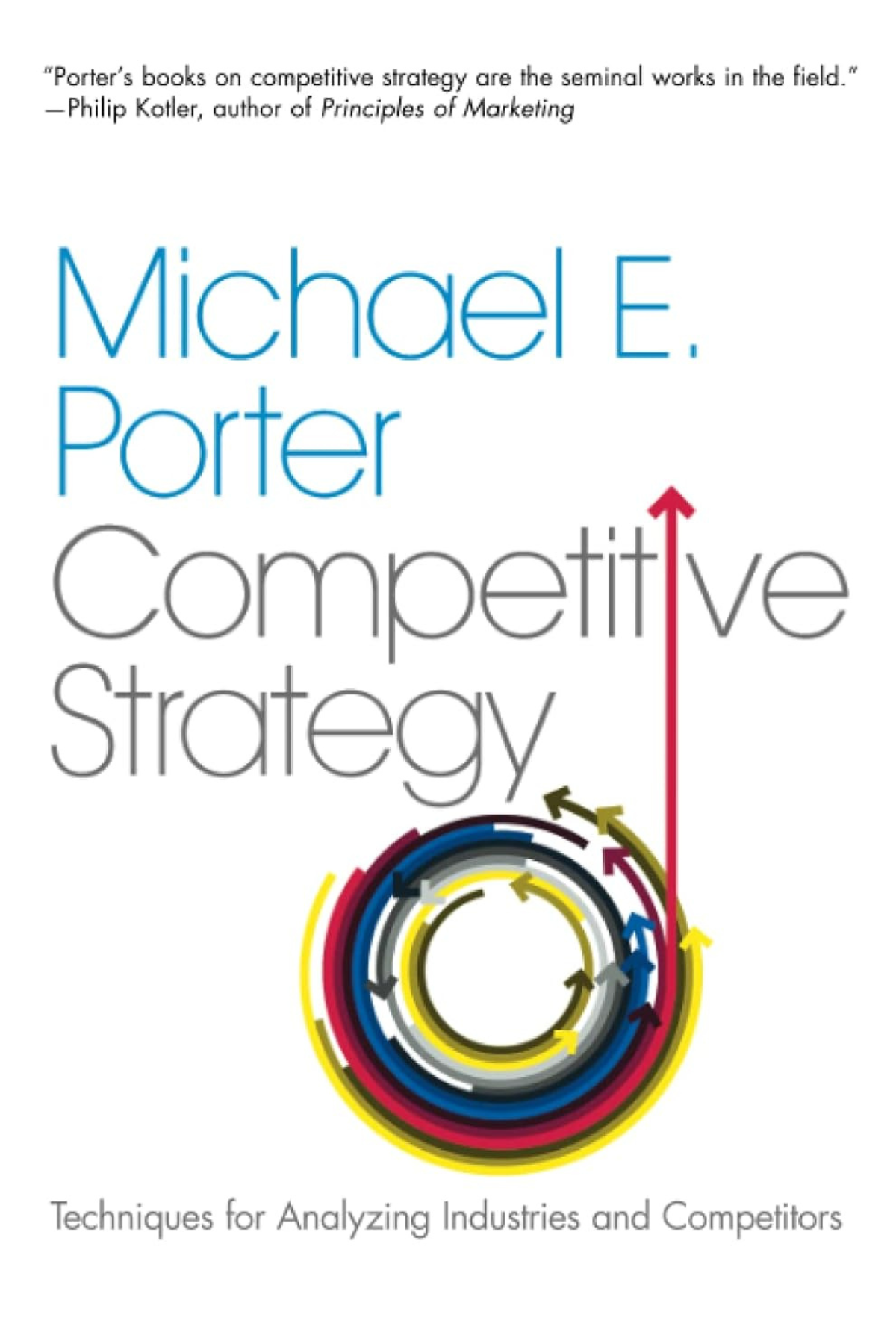“Strategy is about making choices; it's about deliberately choosing to be different.”
- Michael Porter
Strategy has captivated me ever since I set a goal of venture into strategy consulting. Michael Porter’s five forces perhaps is one of most known and used strategic concepts and himself is regarded as a pioneers in this field. Ironically, while most people including me are using his concept frequently, they have not studied Mr Porter’s originating texts of these concepts. My recent study of first principle taught me the importance of learning foudamental, therefore, I decided to read his book, The Competitive Strategy: Techniques for Analysing Industries and Competitors.
I won’t attempt to summarise or review this book, but share some reflection. It is eye-opening to learn the strategic logic underpinning Porter’s concepts and firms’ competitive moves. Apart from learning new angels to analysis business cases, the biggest takeaway for me is that there is perhaps no absolute good or wrong strategy. Sometimes a tactic is only correct in a specific scenario. The dynamism is what made the business world fascinating. It is very much like an ever-shifting Ying and Yong, all about achieving balance among factors. Businesses must prioritize strategies fitting their current positioning.
One might argue porter’s concepts are outdated which provide little to no value to practitioners. I contend, however, some core strategic principles and ways of thinking hold timeless significance no matter the epoch. Rather than confining thinking, Mr Porter aimed to stimulate one’s thinking to identify a problem and solution. In this book, I found traces of corporate strategies and research methodologies. I found answers to situations I observed in the modern business world, for example the current competition in the EV market and sanctions in the chip making sector.
Truly, Competitive Strategy is not merely a book but a strategy manual that one should have handy whenever analysing companies, industries or even preparing for case interviews in strategy consulting. It is perhaps a good idea to build a mind map based on this book to internalise all the knowledge. The status quo faces disruption, but strategy foundations carry timeless significance.
